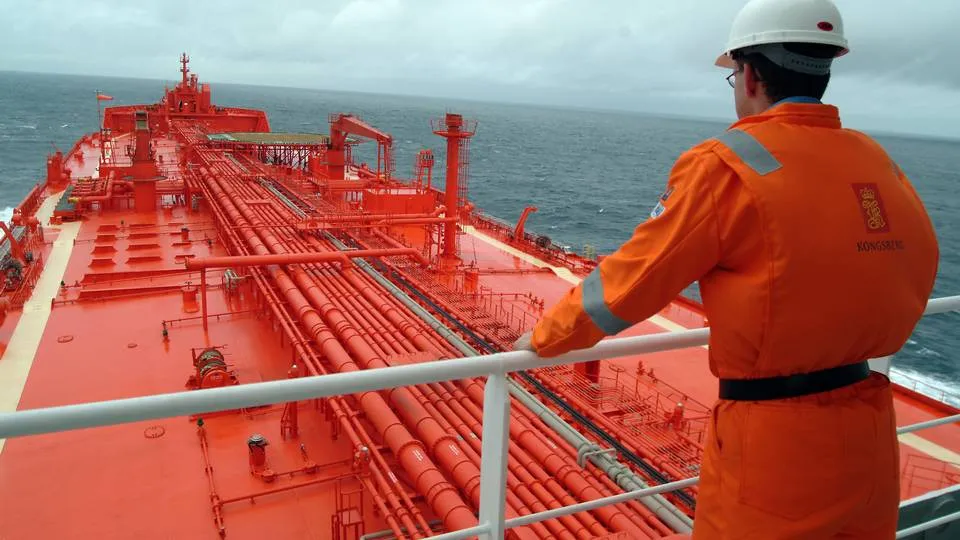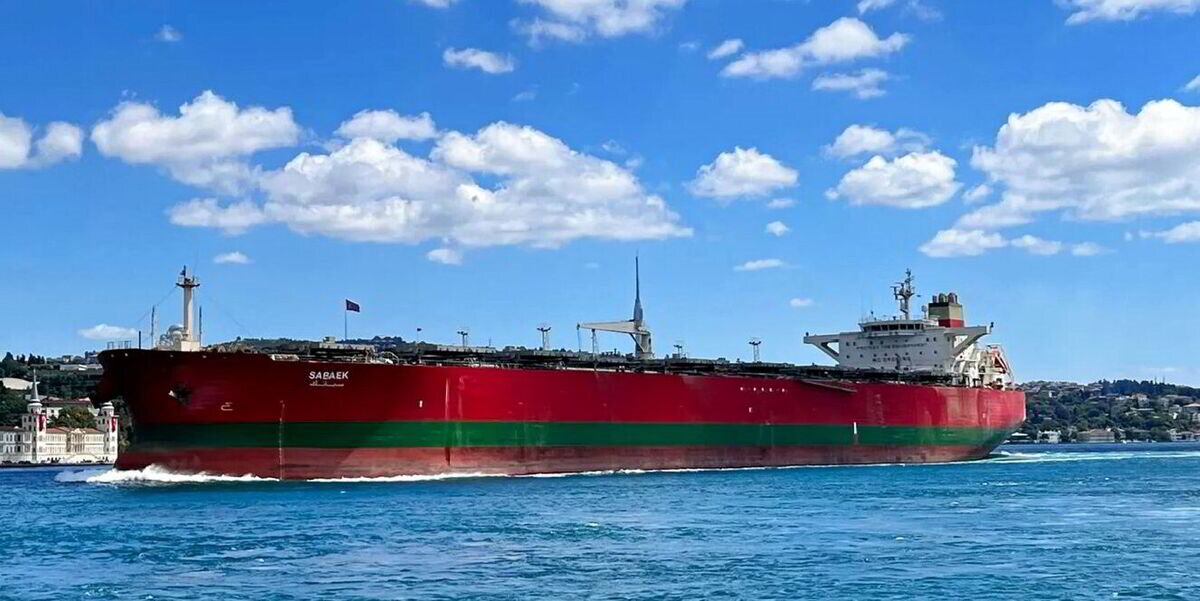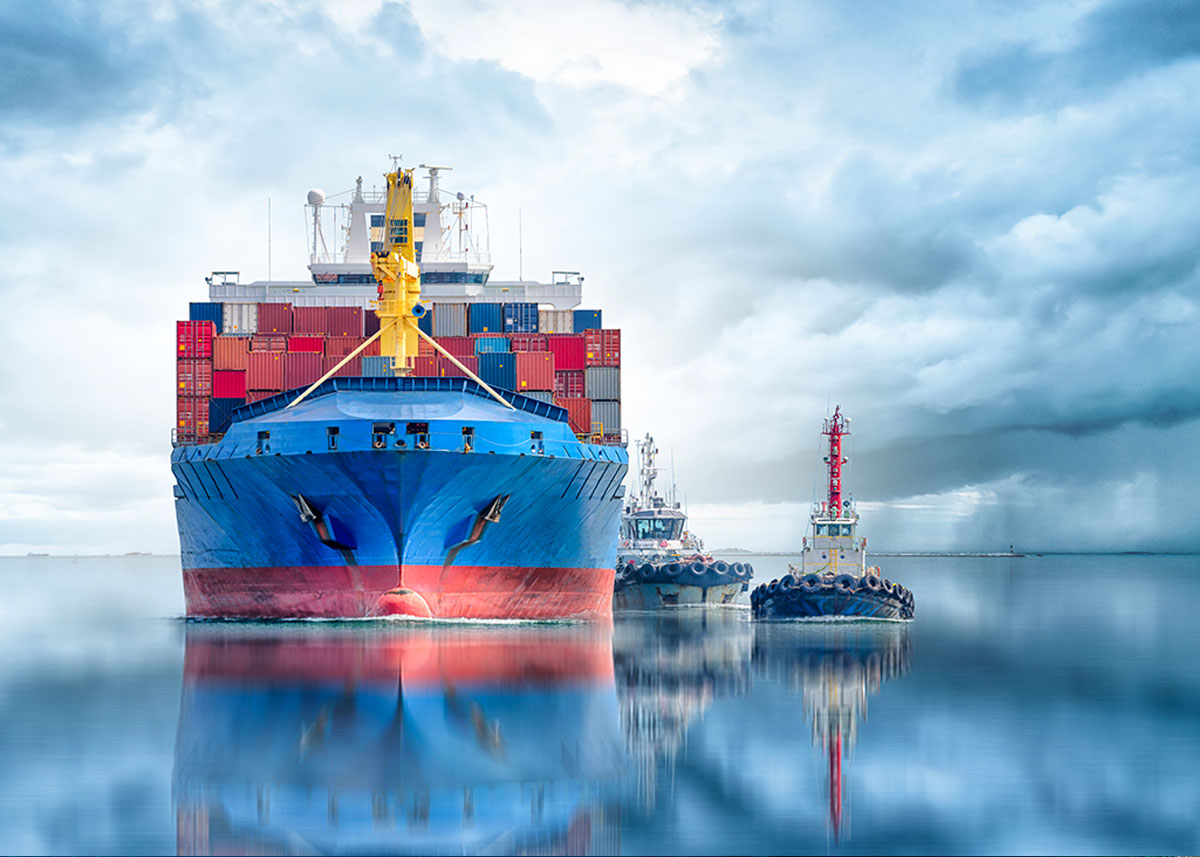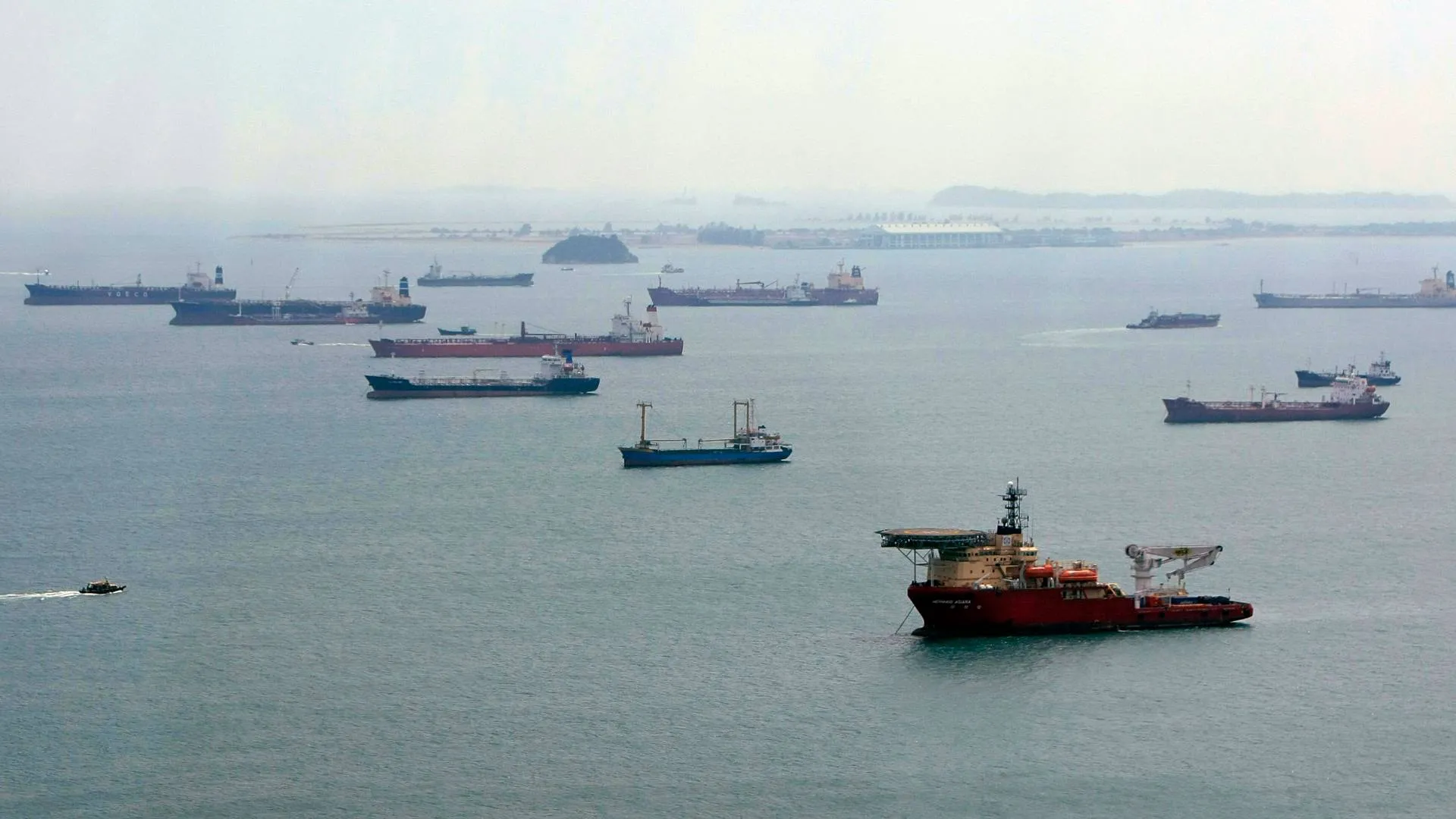The Baltic and International Maritime Council (BIMCO) has adopted a methanol bunkering annex that introduces new contractual provisions for the alternative marine fuel, including sustainability certification requirements and enhanced safety protocols.
The annex addresses what BIMCO describes as ongoing developments in the bunkering landscape, targeting sustainability certification intended to verify fuel source and environmental credentials under regulations such as the FuelEU Maritime.
“The Methanol Annex has been developed in close consultation with industry stakeholders and technical experts to ensure that it meets the practical and legal requirements of methanol as a marine fuel. It reflects on current industry practices and anticipates future developments in the regulatory area,” said Nicholas Fell, Chairperson of BIMCO’s Documentary Committee.
The framework enables contracting parties to specify greenhouse gas intensity limits, fossil comparators, and methodologies for calculating emissions through an Election Sheet. According to BIMCO, this flexible approach allows the annex to be adapted to future regulations while enabling parties to agree on parameters relevant to their specific contracts.
Given methanol’s toxic properties, the annex mandates closed or remote sounding procedures for methanol bunkering operations to enhance crew safety. BIMCO says sampling and measurement procedures for methanol were carefully considered by the subcommittee developing the annex.
The methanol annex follows BIMCO’s adoption of an LNG annex in 2023. Stinne Taiger Ivø, Deputy Secretary General & Director of Contracts at BIMCO, indicated that an ammonia annex will follow “when the timing is right,” with a biofuels clause for time charter parties expected later this year.
“Building on the momentum of the LNG annex adopted in 2023, the Methanol Annex was a natural next step. We’re continuing to develop and standardize supply terms for new fuels, with an Ammonia Annex to follow when the timing is right. A Biofuels Clause for Time Charter Parties is also underway and expected later this year,” Ivø said.
The development reflects the shipping industry’s transition towards alternative fuels as operators seek to comply with evolving environmental regulations and decarbonization targets.




